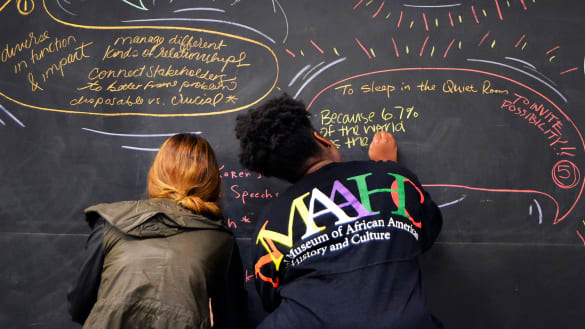MFA Design for Social Innovation Curriculum
MFA Design for Social Innovation
136 West 21st Street, 5th floor
New York, NY 10011
Tel:
212.592.2205
Email:
dsiinfo@sva.edu
